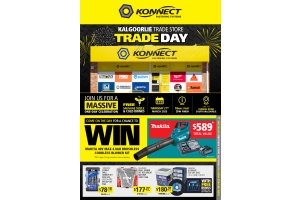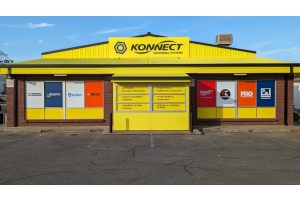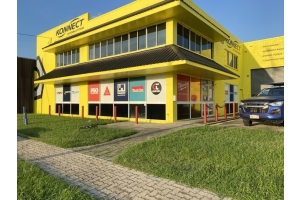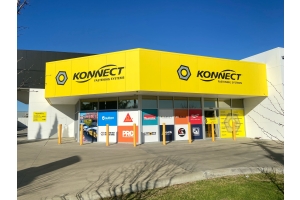Multiple Reasons Why Choosing the Right Type of Screw is Important
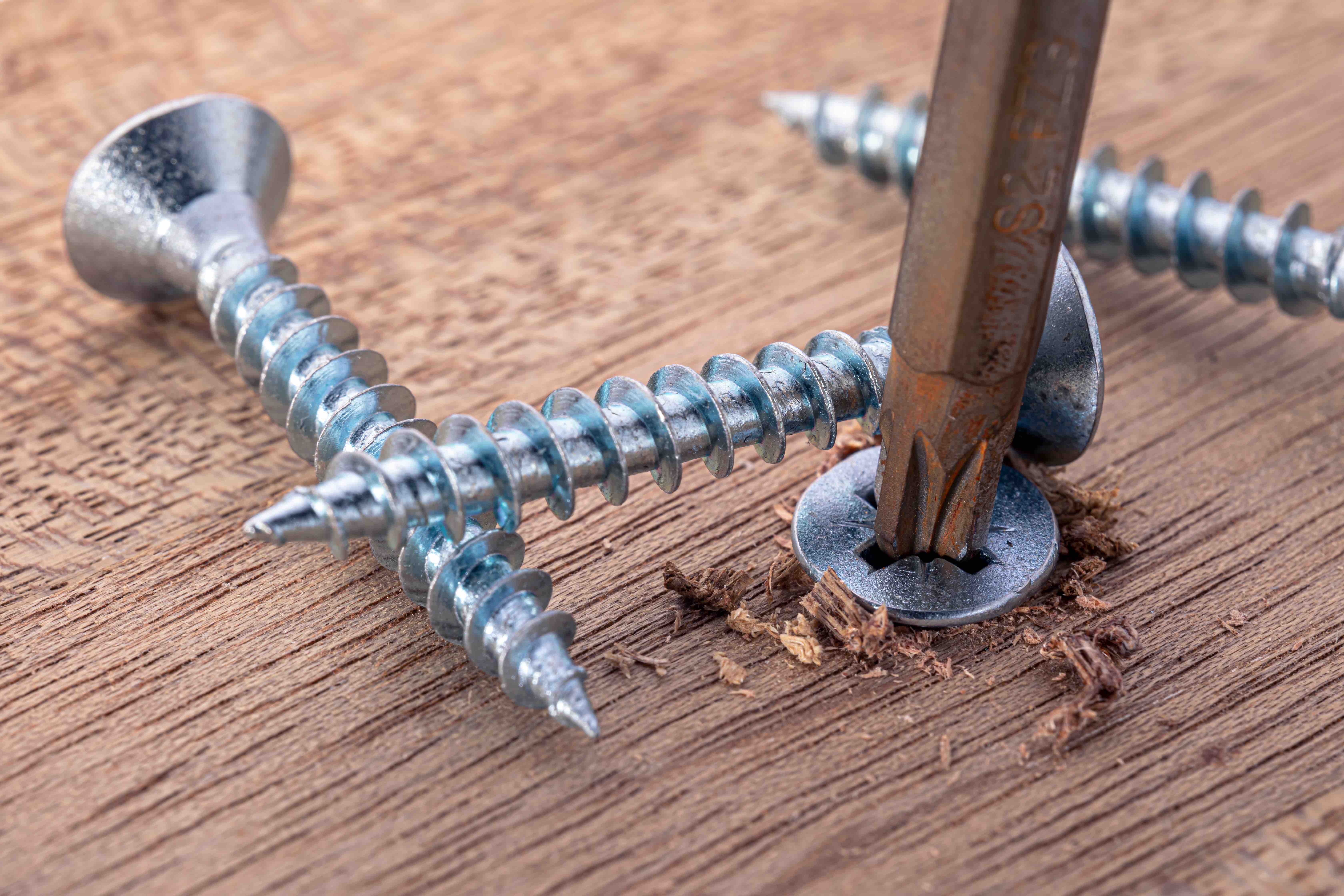
Are you concerned about using the right type of screws?
Screws come in all different shapes, sizes, and screw head types. Knowing the differences between the types can help you identify if you require drywall screws, machine screws, chipboard screws , or self-tapping screws.
Choosing the right screw promotes safety and prevents long-term damage. Let's look at the different types of screws, how to choose the right kind, and why the right kind matters.
Different Types of Screws and Their Uses
There are at least 12 different types of screws out there. However, we will focus on a few.
Machine Screws
Machine screws are one of the most common screws for construction. Once a hole is tapped, these screws can screw through to secure metal components together. Alternatively a nut can be used instead of tapping a hole. Machine screws are commonly used in electronic devices, steel electrical cabinets and other industrial equipment.
Self Tapping Screws
Self-tapping screws can tap (i.e., create) their own hole before sinking into the wood, bone, or other material. You can use these screws for everything from home carpentry projects to dental implants and surgery.
Chipboard Screws
Chipboard screws are a kind of self-tapping screw. Typically, electric drills, screw guns or impact drivers are required to install chipboard screws. They're one of the most common types of screws for furniture manufacturing, and cabinet building.
Dry Wall Screws
As the name suggests, dry wall screws are perfect for drywall. The look very similar to chipboard screws and are installed using the same tools. These screws have a self-imbedding head that allows them to sit flush once installed in the drywall.
What Determines the Right Type of Screw?
There is an incredible amount of variation with the four types of screws above. To further narrow in on what type of screw is right, consider the three qualities: material, head shape, and size.
Material
Screws are usually made of steel, however are also available in titanium (for aircraft), or aluminium. Choosing the right kind of material highly depends on whether you'll be using them indoors or outdoors as well as the loads that are expected on the screws.
Indoor environments are more climate-controlled than outdoor environments. That means the screw material doesn't have to be as hardy. Instead, you can choose screws that are more visually appealing and cost-effective. Normally zinc plated screws are suitable in this type of environments.
Outdoor environments, however, can get quite harsh. The changes in moisture and temperature can lead to corrosion. To provide protection, it's important to pick hardy materials for your screws — stainless steel, mechanical galvanising ofter does the trick.
Head shape and sizes
The four most common head types for screws are slotted, Phillips®, Pozi®, and multi-head.
Slotted screws have a straight line down the middle and only require hand tools. These screws are great for simple projects around the house. The downside to this type of screw is slippage of the screwdriver.
Phillips screws have an X shape on the head to provide more stability. Like the slotted screws, a hand screwdriver is used to drive these screws into hinges, appliances, and machines around the house.
Multi-head screws were developed over the years as power tools became more popular. These are common in construction and as screws for manufacturing. They come in Torx, hex, and quadrex shapes.
Size
To determine the right size for your screws, you'll need to consider both diameter and length.
Diameter refers to the distance of the screw’s shank. Typically, this is written as a number between #0 and #14, higher numbers for larger screws.
The length of the screws is extremely importance. Particularly in timber, there needs to be enough thread engagement in the wood so that the screws don’t pull out easily.
4 Reasons Why Choosing the Right Screws Matter
Now that we know about the major types of screws and how to choose the best one for you, let's turn to why it matters. Choosing the right screw is important for four main reasons.
1. The right screws keep your project on schedule
There's nothing worse than having the wrong screws for the job. Unfortunately, that can happen quite easily by ordering the wrong size, head shape, or material.
Showing up with a handfullof drywall screws for an outdoor job to secure together metal sheets isn't going to work out well. Instead, it will delay completion time as you wait around for the correct screws to arrive.
2. The right screws keep people safe
Non-countersunk heads are those that aren't flush with the material. In other words, the screw head sticks out.
If you end up using non-countersunk heads for baby cribs, chairs, and tables, it can lead to babies (and adults) hurting themselves with the protruding screw heads.
3. The right screws keep your costs down
If you end up measuring the length of the screws incorrectly, it can lead to problems down the road. Since screw size is measured from the bottom of the screw head to the surface below, you may end up spending money on screws that have the right length but have a head sticking out.
It is important to know if the screw is countersunk (flush with the material) or non-countersunk (not flush with the material).
4. The right screws prevent long-term damage
As we saw above, some screws are best suited for indoor projects, while others are suitable for outdoor projects.
If you end up ordering the inexpensive zinc screws for an outdoor job that really needs stainless steel screws, then it's going to lead to trouble. The zinc material will corrode much quicker and may cause trouble with the entire structure.
Choose the Right Screws with Konnect
Whether it's chipboard screws, self-tapping screws, drywall screws, or machine screws, choosing the right screw is essential while getting a job done. This requires meticulous attention to size, material, length, head shape, and more.
Konnect provides screws, fasteners, and other tools to clients all over Australia and New Zealand. With decades of experience, a hand-picked team of experts, and thousands of screws available, Konnect is ready to help. Contact us today to see how.

